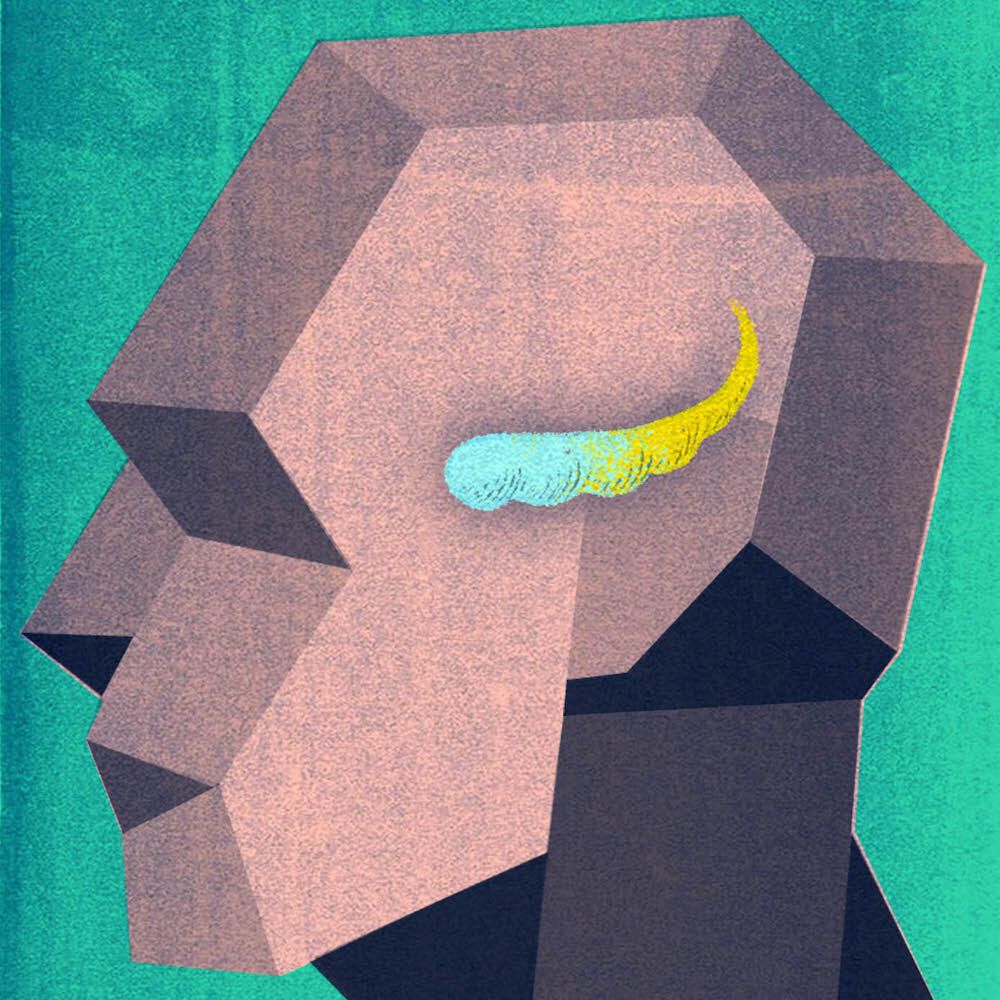A study of gene activity in the brain’s hippocampus, led by UT Southwestern researchers, has identified marked differences between the region’s anterior and posterior portions. The findings, published today in Neuron, could shed light on a variety of brain disorders that involve the hippocampus and may eventually help lead to new, targeted treatments.
“These new data reveal molecular-level differences that allow us to view the anterior and posterior hippocampus in a whole new way,” says study leader Genevieve Konopka, Ph.D., associate professor of neuroscience at UTSW.
She and study co-leader Bradley C. Lega, M.D., associate professor of neurological surgery, neurology, and psychiatry, explain that the human hippocampus is typically considered a uniform structure with key roles in memory, spatial navigation, and regulation of emotions. However, some research has suggested that the two ends of the hippocampus—the anterior, which points downward toward the face, and the posterior, which points upward toward the back of the head—take on different jobs.
